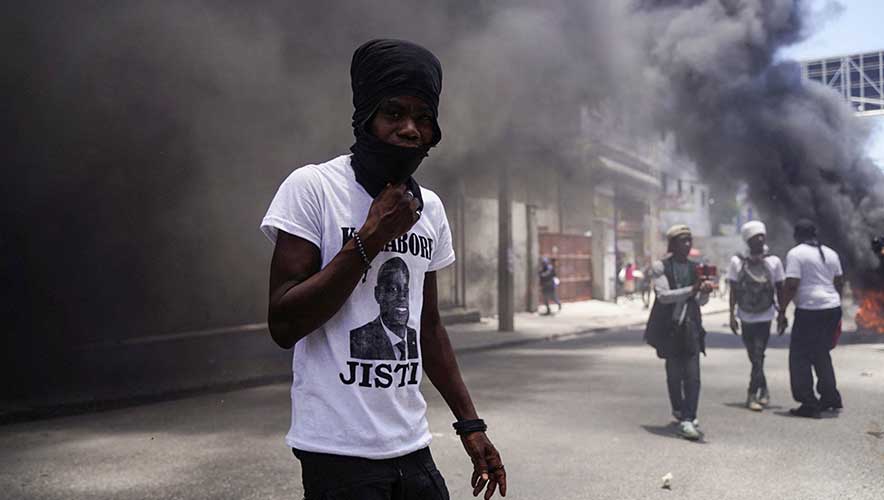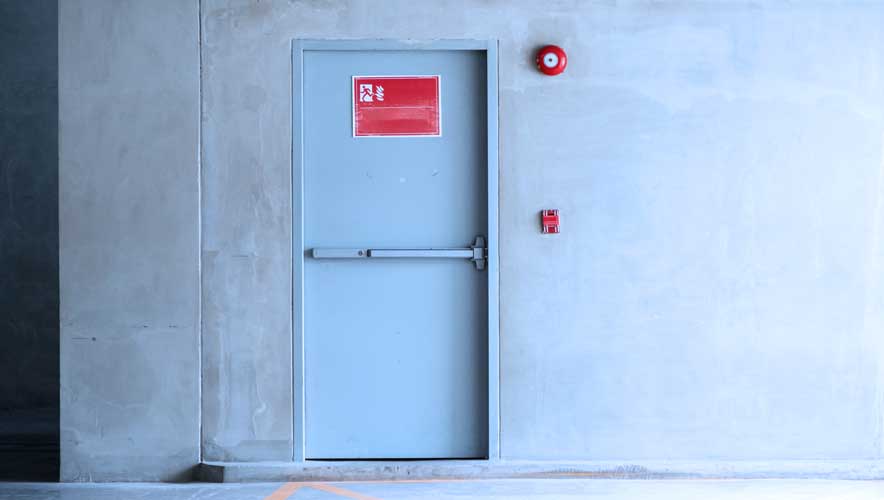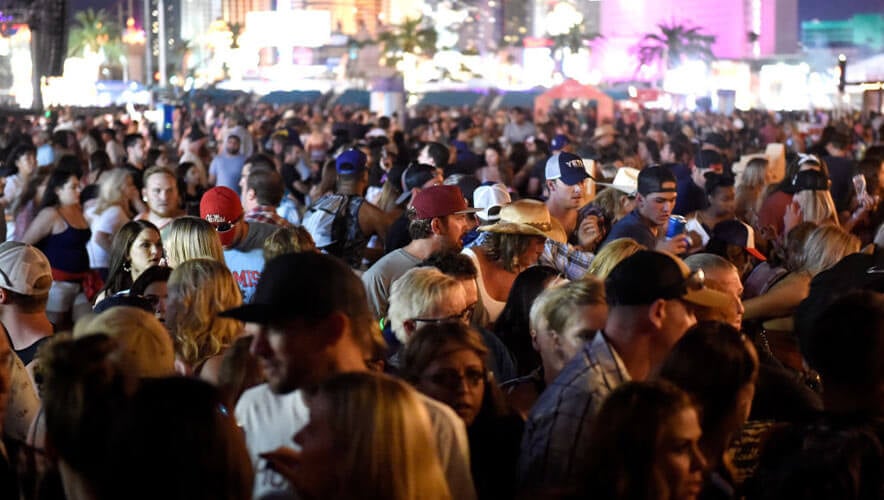Four Charged in Assassination of Haitian President
The U.S. Department of Justice (DOJ) filed charges against four men for their alleged involvement in the 2021 assassination of former Haitian President Jovenel Moïse.
Three of the men—two Haitian-Americans and one Colombian citizen—are in custody and stand accused of conspiring to murder or kidnap Moïse and intentionally “providing material support and resources resulting in death,” according to a DOJ press release.
The DOJ alleges that the three individuals—James Solages, 37; Joseph Vincent, 57; and German Alejandro Rivera Garcia, 44—plus Dr. Christian Sanon, 54, were the leaders of the assassination plot, which invovled a group of gunmen storming Moïse's private residence overnight on 7 July 2021. His wife, Martine, was also injured in the attack.
Sanon was arrested in July 2021, with Haitian officials claiming he wanted to install himself as Haiti’s next president. Sanon is accused of shipping ballistic vests to Haiti that were described on export forms as “medical X-ray vests and school supplies,” according to ABC News.
The DOJ also announced charges against three other people for their involvement in the assassination.
The charges were not filed in Haiti, but instead in the Southern District of Florida, given the growing level of unrest in the Caribbean country. “Government institutions have disintegrated after Moïse’s assassination, and conditions in the country have worsened in recent months,” The New York Times reported.
“In Haiti, the case is at virtual standstill amid death threats that have spooked local judges,” ABC News said.
A power vacuum formed after Moïse's assassination, resulting in increasing violence as local gangs expand their reach and influence. “That has led to routine gun battles between police officers and the gangs, with police last week blocking streets in protest at officer deaths,” Reuters reported.
“During a period of about 18 months between July 2021 to this January, at least 78 police officers were murdered, an average of five a month,” according to Just Security. “In January alone, at least 16 police officers died and two others are missing.”
The gang violence throughout the country is estimated to have displaced more than 150,000 people, according to NPR. Other stressors—including a fresh outbreak of cholera infecting nearly 25,000 people—have added to the country’s recent devastation.
A week ago, a UN envoy for Haiti, Helen La Lime, expressed hope that the UN Security Council would positively respond to the country’s “pending request from Haiti’s government for international armed forces despite the U.S. and Canada showing no interest,” according to Fox News. The request for foreign military support came in early October 2022.
The U.S. Mission to the Organization of American States (OAS) issued a statement on 1 February, condemning the ongoing violence and expressing concern over the health and humanitarian crises.
“However, we are clear that the ultimate resolution of the situation in Haiti is one that must be resolved by the people of Haiti themselves,” said Thomas Hastings, deputy chief for the OAS Permanent Council.
The UN Security Council so far has only issued sanctions on certain gang leaders in the area.
However, Jamaican Prime Minister Andrew Holness announced that his government would be willing to deploy soldiers and police officers in a proposed multinational security assistance effort. Holness also said that Jamaica could support Haiti on electoral reforms.
“Haiti was stripped of all democratically-elected institutions when the terms of the remaining 10 senators expired in early January. Prime Minister Ariel Henry has promised to hold general elections for more than a year but a provisional electoral council has yet to be chosen, which some critics say has led to a de-facto dictatorship,” Al Jazeera reported.
Prior to the senators’ term expirations, all local authorities’ terms ended in 2020, and only five of the 12 judges on Haiti’s Supreme Court remained on the bench when it last convened in February 2022, according to The Guardian.
Although Henry promised a new government would be sworn in come early 2024, several are skeptical of his claims. Henry made similar announcements pledging a path to democratic elections in 2021 that never materialized and since becoming the de facto prime minister. The security situation in the country has deteriorated during that time.
“Critics of the Haitian government fear that the arrival of foreign forces would only strengthen a tenuous claim to power by (Henry),” the Times noted.










